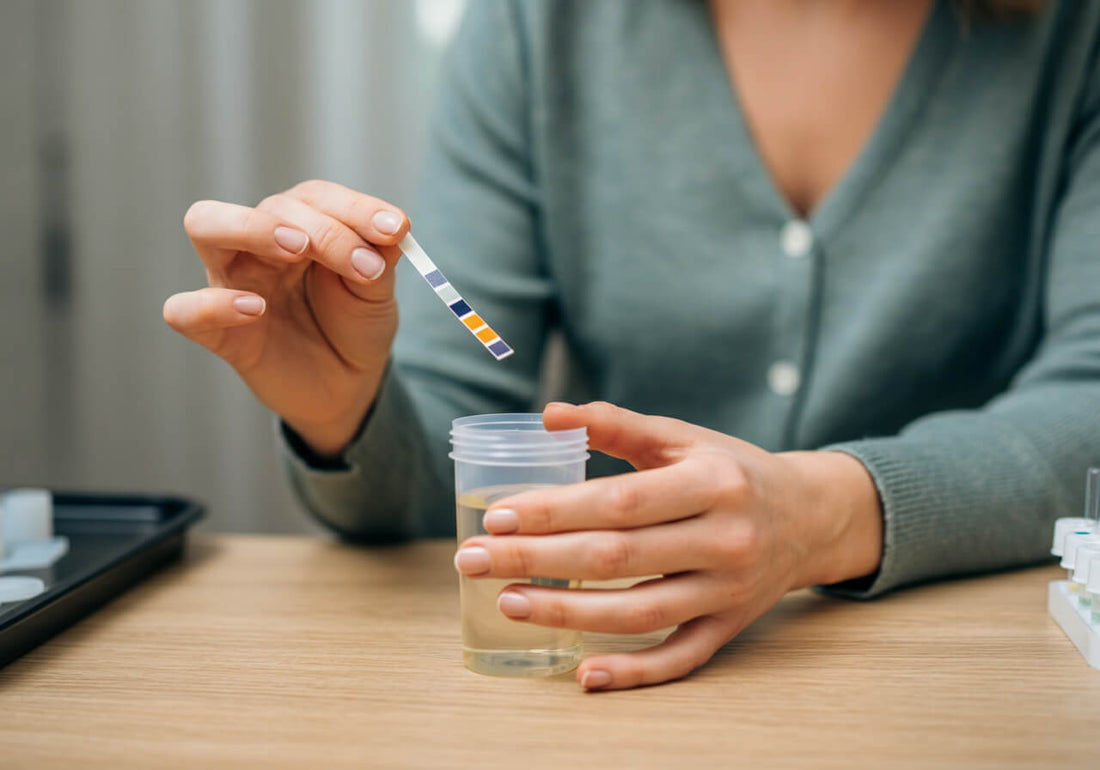What Is the Creatinine Level for Stage 3 Kidney Disease?
 Written By
Yusela Aquino
Written By
Yusela Aquino

Chronic kidney disease (CKD) affects millions of people worldwide, and understanding creatinine levels is a key part of diagnosing and managing the condition. Stage 3 kidney disease is a moderate form of CKD that indicates significant kidney impairment. This article explains the relationship between creatinine levels and kidney disease, with a specific focus on Stage 3 CKD.
We’ll explore how creatinine levels are measured, what they signify, and how they relate to the glomerular filtration rate (GFR), a critical marker of kidney function. In addition, we’ll provide actionable tips for managing Stage 3 CKD and highlight the importance of early intervention.
What Are Creatinine Levels?
Creatinine is a waste product produced by muscle metabolism and excreted by the kidneys. Under normal conditions, the kidneys efficiently filter creatinine from the blood, maintaining stable levels in the body. Elevated creatinine levels in the blood often indicate reduced kidney function, as the kidneys are unable to filter out the waste effectively.
Creatinine levels are measured in milligrams per deciliter (mg/dL) and are a key component in estimating the glomerular filtration rate (GFR), which determines the stage of CKD.
Creatinine Levels for Stage 3 Kidney Disease
Stage 3 CKD is characterized by moderate kidney damage, with a GFR between 30 and 59 mL/min/1.73m². Creatinine levels alone do not determine the stage of CKD but are used to estimate GFR. Typical creatinine levels for Stage 3 CKD may range between:
- Men: 1.4 to 2.0 mg/dL
- Women: 1.2 to 1.8 mg/dL
However, these values can vary depending on factors like age, muscle mass, and overall health. It’s essential to consider creatinine levels alongside other diagnostic tests and clinical assessments.
Chart: GFR and CKD Stages
Here’s a quick reference chart showing the relationship between GFR, creatinine levels, and CKD stages:
| CKD Stage | GFR (mL/min/1.73m²) | Creatinine Levels (mg/dL) | Description |
|---|---|---|---|
| Stage 1 | 90+ | Normal | Kidney damage with normal function. |
| Stage 2 | 60-89 | Slightly Elevated | Kidney damage with mild loss of function. |
| Stage 3 | 30-59 | 1.2-2.0 | Moderate loss of kidney function. |
| Stage 4 | 15-29 | 2.0-4.0 | Severe loss of kidney function. |
| Stage 5 | Less than 15 | 4.0+ | Kidney failure; end-stage renal disease (ESRD). |
FAQs: Creatinine Levels and Stage 3 CKD
Can creatinine levels improve with treatment?
Yes, with appropriate medical intervention and lifestyle changes, it is possible to slow the progression of CKD and even improve creatinine levels slightly. However, this depends on the underlying cause and severity of kidney damage.
What symptoms are common in Stage 3 CKD?
Symptoms of Stage 3 CKD may include fatigue, swelling in the hands and feet, high blood pressure, and changes in urination frequency or appearance. These symptoms often become more pronounced as kidney function declines.
How is Stage 3 CKD managed?
Management typically involves controlling blood pressure, monitoring blood sugar levels (if diabetic), reducing dietary sodium, and avoiding nephrotoxic medications. Regular check-ups and blood tests are also critical.
Can creatinine levels vary throughout the day?
Yes, creatinine levels can fluctuate slightly based on hydration, diet, and physical activity. This is why consistent monitoring and proper preparation for tests are important.
Managing Stage 3 CKD
If you have been diagnosed with Stage 3 CKD, the following steps can help manage the condition:
- Dietary Changes: Reduce sodium, protein, and phosphorus intake to lessen the kidneys' workload.
- Medication: Take prescribed medications to control blood pressure, cholesterol, and blood sugar levels.
- Hydration: Stay adequately hydrated but avoid overhydration, as it can strain the kidneys.
- Regular Monitoring: Work closely with your healthcare provider to track your creatinine levels, GFR, and overall kidney function.
Author
Dr. Emily Carter, MD
Specialist in Chronic Kidney Disease and Renal Health
Sources

Yusela is a medical student with a degree in Biology and a strong foundation in health communication. With experience in both research and clinical settings, she writes clear, evidence-informed content to help patients and caregivers better understand liver health, chronic disease, and transplant care.




